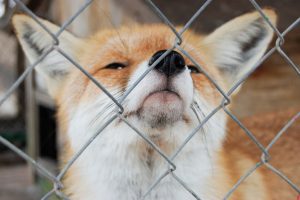Care2 gives you the tools to make the impossible possible.
Sign Trending PetitionsStart A Petition
You care about
lion poachinggun violenceinequalityelephantsLGBTQ rightsrape culturepitbull banshomelessnesstrophy huntingeducationdiscriminationfood wastepolluted watersexual assaultanimal abusetampon taxorcas in captivitynet neutralityanimal testingtrophy huntingcat declawingsexist dress codesgreyhound racinganimal testingpuppy millsshark finningfur in fashioncaptive animalspolice brutalitylost dogsprison complexcircuses.
We Care2.63,147,827 Care2 Members
1,277,613,349 Petition Signatures
456,792 Petitions Created
2,750 Nonprofit Partners
"Through Care2, I’ve been able to build a movement of people who are energized and committed to defending our planet."
"Care2 helped us drive over 94,000 signatures on our petition to defend the Arctic. The staff mobilized supporters, creating impact that resonates."
"Care2 provides tools for people to become change-makers, to go from caring about something in this world to doing something about it. Care2 helps me spread the message to my fans that we actually do have the power to shape society. There are paths and we can lead each other down them."
"Care2 was able to provide us with the perfect platform to be able to communicate our message and to engage new voices in our support."



























































